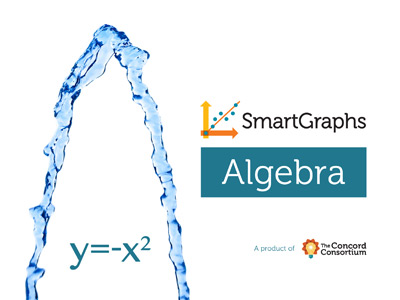This paper summarizes how Collaborative Online Projects (COPs) are used to facilitate science content-area learning for English Learners of Hispanic origin. This is a Mexico-USA partnership project funded by the National Science Foundation. A COP is a 10-week thematic science unit, completely online, and bilingual (Spanish and English) designed to provide collaborative learning experiences with culturally and linguistically relevant science instruction in an interactive and multimodal learning environment. Units are integrated with explicit instructional lessons that include: a) hands-on and laboratory activities, b) interactive materials and interactive games with immediate feedback, c) animated video tutorials, d) discussion forums where students exchange scientific learning across classrooms in the USA and in Mexico, and e) summative and formative assessments. Thematic units have been aligned to U.S. National Science Education Standards and are under current revisions for alignment to the Common Core State Standards. Training materials for the teachers have been integrated into the project website to facilitate self-paced and independent learning. Preliminary findings of our pre-experimental study with a sample of 53 students (81% ELs), distributed across three different groups, resulted in a 21% statistically significant points increase from pretest to posttest assessments of science content learning, t(52) = 11.07, p = .000.
 activities for teaching and learning algebra that are available online or as an app for iPad or Android tablet computers. These activities—which cover a variety of algebra topics, from linear equations to transformations of functions—help students develop skills creating and using algebraic functions and graphs to solve problems.
activities for teaching and learning algebra that are available online or as an app for iPad or Android tablet computers. These activities—which cover a variety of algebra topics, from linear equations to transformations of functions—help students develop skills creating and using algebraic functions and graphs to solve problems.